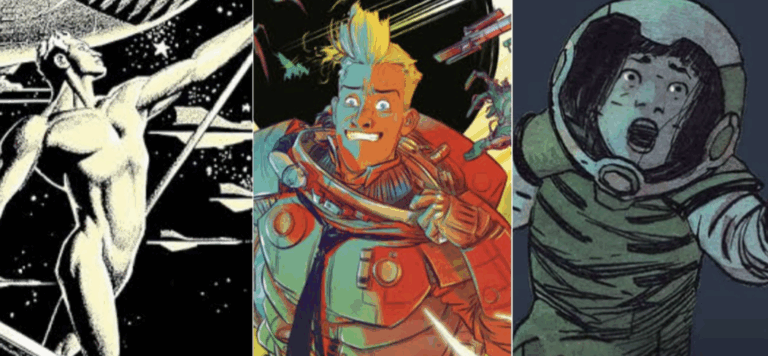
5 Short Sci-Fi Comics That Are Perfect for First-Time Readers
Science fiction can be an intimidating genre for newcomers, especially in comics, where
sprawling universes and dense worldbuilding often require an encyclopedic memory. But sci-fi
doesn’t always mean multi-volume sagas or galaxy-spanning wars. Sometimes, the best way to
fall in love with a genre is through short, contained stories that deliver powerful narratives in just
a few issues.
For readers wary of committing to an 80-issue saga, these short sci-fi comics offer the best of
both worlds. Whether you’re dipping your toes into sci-fi comics for the first time or looking for
a quick but impactful read, these five short sci-fi comics are perfect starting points.
- Sentient by Jeff Lemire and Gabriel Walta
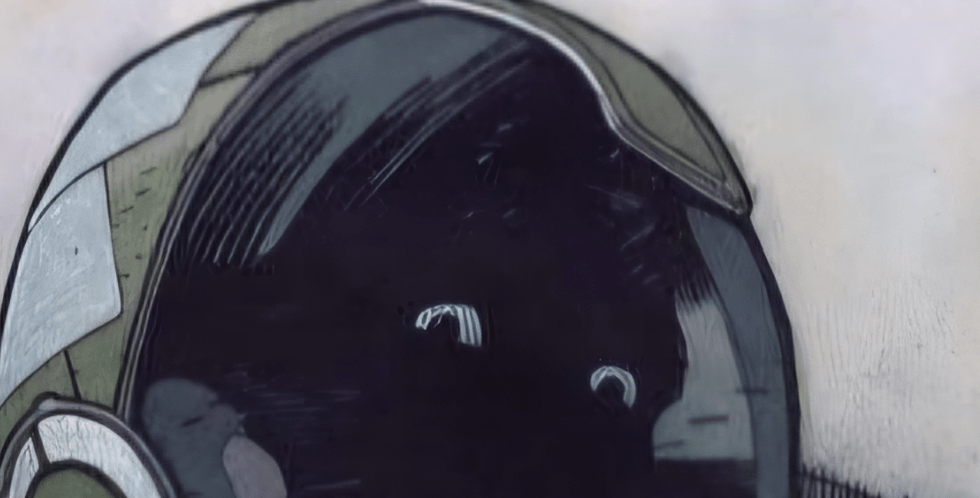
Set aboard a spaceship headed toward humanity’s new colony after Earth becomes
uninhabitable, Sentient opens with a gut punch. When a sabotage attempt kills all the adults
onboard, the ship’s AI, VALARIE, must raise and protect the surviving children.
Jeff Lemire crafts a heartfelt yet harrowing story about survival, trust, and artificial intelligence
grappling with parenthood. Gabriel Walta’s art enhances the tension, balancing sterile sci-fi
interiors with deeply human expressions. At just six issues, Sentient delivers emotional depth,
philosophical questions, and space-faring drama without overwhelming newcomers.
- These Savage Shores by Ram V and Sumit
Kumar
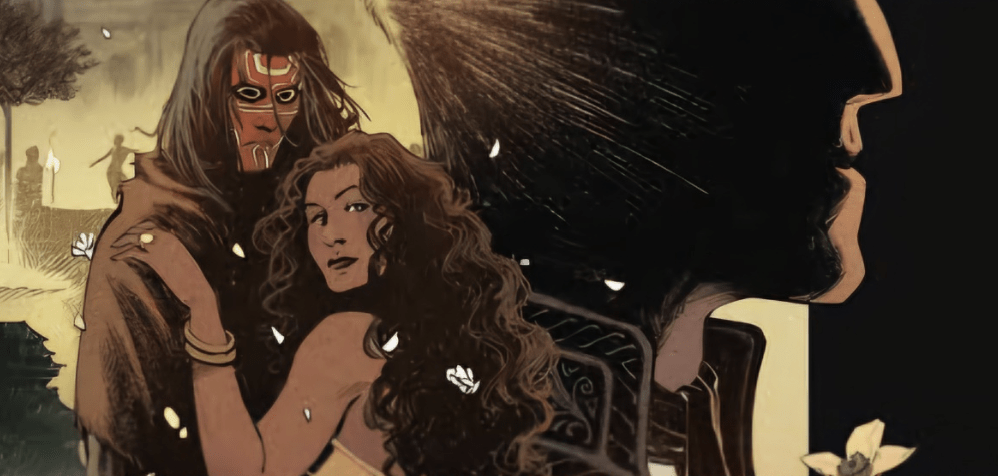
Technically a blend of historical fiction, horror, and sci-fi, These Savage Shores is a genre-
defying gem. Set in 18th-century colonial India, the comic introduces vampires, traders, and
ancient demonic forces clashing against a richly textured backdrop of imperialism and
mythology.
While not “sci-fi” in the traditional spaceship-and-robots sense, These Savage Shores explores
speculative ideas about immortality, transformation, and colonial power through supernatural
metaphors. Ram V’s lyrical writing and Sumit Kumar’s haunting artwork create an unforgettable
atmosphere, making this a short series with the punch of an epic.
- Twilight by Howard Chaykin and José Luis
García-López
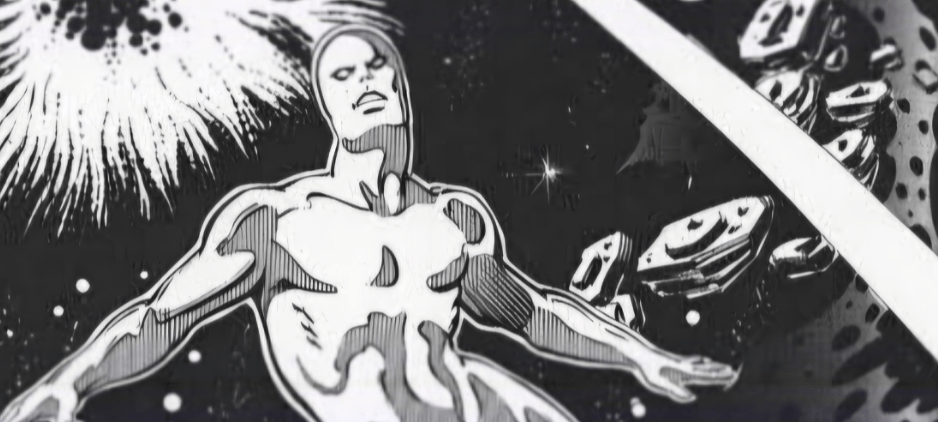
If you’re curious about classic science fiction, Twilight is a dense but rewarding read. Originally
published in the early ’90s, it’s a reimagining of DC’s old sci-fi space heroes, but twisted into a
darker, more mature tale about power, war, and the myths we build around heroes.
Howard Chaykin brings his usual grit and complexity, while García-López’s artwork remains
timeless. This comic is ideal for readers who want to experience how comics can blend political
commentary with retro-futuristic aesthetics. It’s only three issues long, but each is oversized,
offering a complete story that challenges and provokes.
- Invisible Kingdom by G. Willow Wilson and
Christian Ward
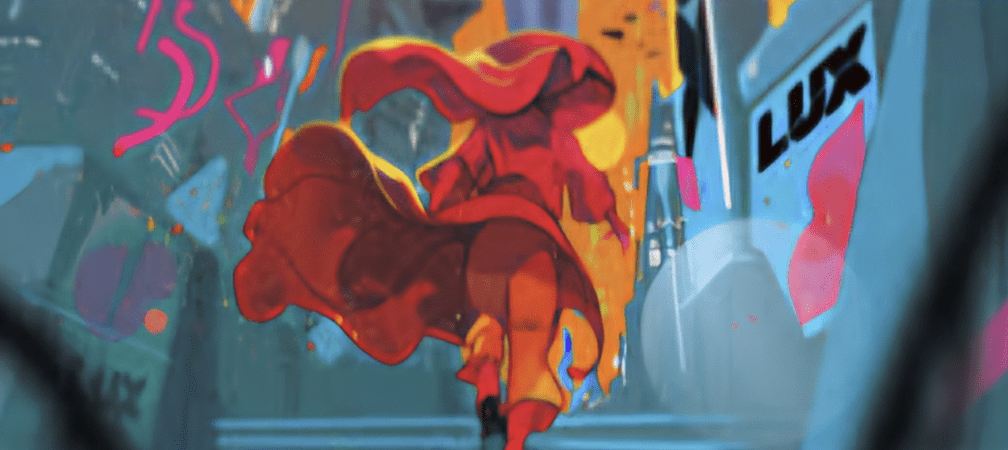
This one stretches the definition of “short,” but if you’re willing to invest just a bit more time,
Invisible Kingdom is one of the best modern sci-fi comics out there. Set in a far-off galaxy, the
story follows a rebellious pilot and a devout religious acolyte who uncover a conspiracy between
a megacorporation and an interstellar religion.
It’s rare to see a space opera this vibrant and thoughtful. Christian Ward’s art is a psychedelic
dream, and G. Willow Wilson’s narrative explores capitalism, faith, and rebellion without ever
losing sight of its characters. With only three collected volumes, it’s a digestible series that offers
all the thematic richness of long-running titles like Saga.
- The Weatherman by Jody LeHeup and Nathan
Fox
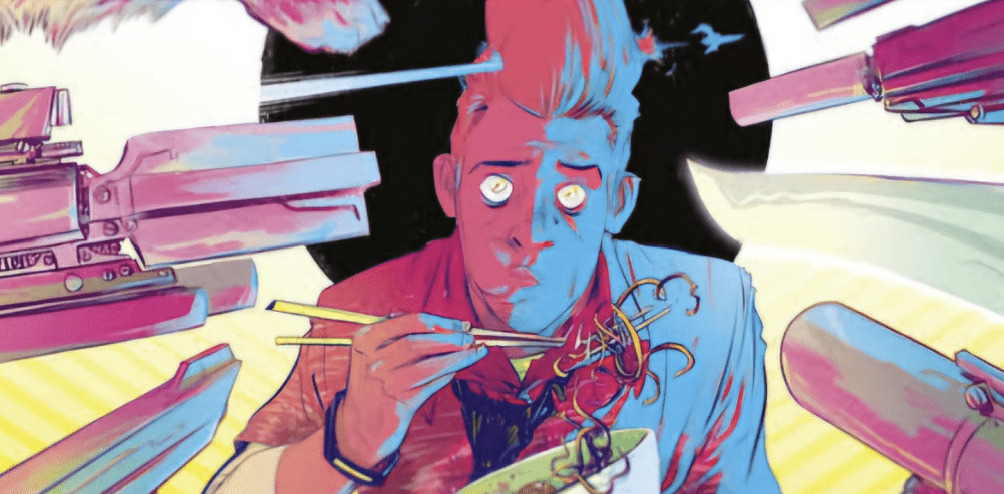
Imagine if your favorite morning weatherman was actually a fugitive holding the key to stopping
the apocalypse. That’s the wild premise behind The Weatherman, a stylish, ultraviolent, and
surprisingly emotional sci-fi series that blends political intrigue, action, and memory
manipulation.
Set on a terraformed Mars, this comic balances high-octane chase sequences with questions
about identity and morality. Nathan Fox’s art is kinetic and colorful, matching the frenetic pace
of the plot. While the series hasn’t wrapped up entirely, its first two volumes provide a
satisfying, complete arc, perfect for readers who want something thrilling but not overly long.



